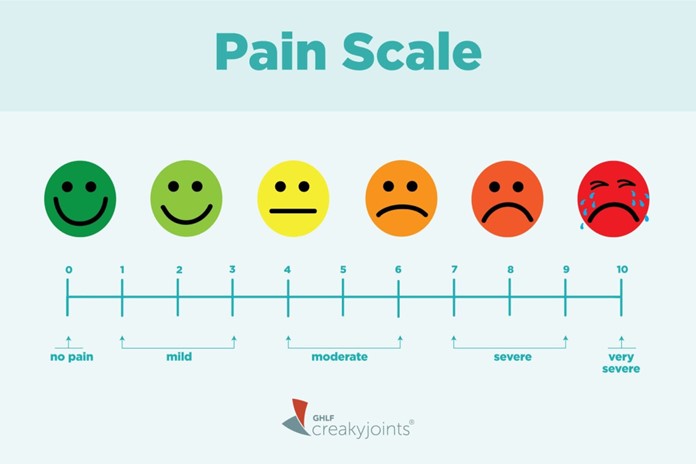A nurse is caring for a client who has a new diagnosis of a terminal illness. The client states, "I do not want any treatment. I would like to go home." Which of the following responses should the nurse make?
"I can refer you to hospice care, and they can help you at home."
"You should discuss this with your family before making a decision."
"Do you understand that, without treatment, you will die?"
"Don't you think you are giving up too soon?"
The Correct Answer is A
The nurse should respect the client's autonomy and right to make decisions about their own care. Referring the client to hospice care is an appropriate response because it provides the client with support and care in their own home.
Options b, c, and d are not appropriate responses because they do not respect the client's autonomy.
Option b suggests that the client needs to discuss their decision with their family before making a decision, which may not be necessary or desired by the client.
Option c confronts the client with the reality of their illness in a potentially insensitive manner.
Option d suggests that the client is giving up too soon, which may not be an accurate or helpful assessment of the situation.
Nursing Test Bank
Naxlex Comprehensive Predictor Exams
Related Questions
Correct Answer is B
Explanation
After moving clients to a safe location, the next action the nurse should take is to pull the fire alarm. This will alert others in the building to the presence of a fire and activate the building's fire suppression systems.
Options a, c, and d are not the next actions the nurse should take. Using an extinguisher to put out the fire may be appropriate if the nurse has been trained to do so and if it is safe to do so. Closing the doors to client rooms can help to contain the spread of smoke and fire, but it is not the next action the nurse should take. Turning off electrical equipment in the room may help to prevent further ignition sources, but it is not the next action the nurse should take.
Correct Answer is C
Explanation
If a client reports pain and informs the nurse that pain medications are not an option for managing their pain, the nurse can offer non-pharmacological interventions such as a back massage to help relieve the client's pain. This is an appropriate response by the nurse.
a. Telling the client that the pain medication will work if they just give it a chance is not an appropriate response as it dismisses the client's concerns and preferences.
b. The nurse should not recommend that the client take any herbal remedies without first consulting with the healthcare provider.
d. Asking the client why they think pain medication is not going to help them may be appropriate in some situations, but it is not necessarily the best initial response. The nurse should first offer non- pharmacological interventions to help relieve the client's pain.

Whether you are a student looking to ace your exams or a practicing nurse seeking to enhance your expertise , our nursing education contents will empower you with the confidence and competence to make a difference in the lives of patients and become a respected leader in the healthcare field.
Visit Naxlex, invest in your future and unlock endless possibilities with our unparalleled nursing education contents today
Report Wrong Answer on the Current Question
Do you disagree with the answer? If yes, what is your expected answer? Explain.
Kindly be descriptive with the issue you are facing.
